Filter by
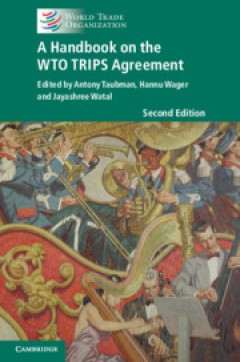
A Handbook on the WTO TRIPS Agreement
This handbook describes the historical and legal background to the TRIPS Agreement, its role in the WTO and its institutional framework. It reviews the following areas: general provisions and basic principles; copyright and related rights; trademarks; geographical indications; patents; industrial designs, layout-designs, undisclosed information and anti-competitive practices; enforcement of IPR…
- Edition
- -
- ISBN/ISSN
- 9781108883511
- Collation
- -
- Series Title
- -
- Call Number
- -
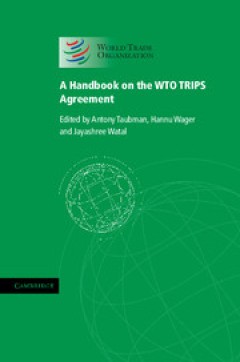
A Handbook on the WTO TRIPS Agreement
This handbook describes the historical and legal background to the TRIPS Agreement, its role in the WTO and its institutional framework and reviews the following areas: general provisions and basic principles; copyright and related rights; trademarks; geographical indications; patents; industrial designs, layout-designs, undisclosed information and anti-competitive practices; enforcement of IPR…
- Edition
- -
- ISBN/ISSN
- 9781139150606
- Collation
- -
- Series Title
- -
- Call Number
- -

Cognitive Disability Aesthetics Visual Culture, Disability Representations, …
Cognitive Disability Aesthetics explores the invisibility of cognitive disability in theoretical, historical, social, and cultural contexts. Fraser’s cutting edge research and analysis signals a second-wave in disability studies that prioritizes cognition. He expands upon previous research into physical disability representations and focuses on those disabilities that tend to be least visible…
- Edition
- -
- ISBN/ISSN
- 9781487518158
- Collation
- -
- Series Title
- -
- Call Number
- -
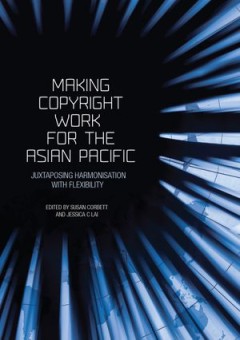
Making Copyright Work for the Asian Pacific : Juxtaposing Harmonisation with …
This book provides a contemporary overview of developing areas of copyright law in the Asian Pacific region. While noting the tendency towards harmonisation through free trade agreements, the book takes the perspective that there is a significant amount of potential for the nations of the Asian Pacific region to work together, find common ground and shift international bargaining power. Moreove…
- Edition
- -
- ISBN/ISSN
- 9781760462383
- Collation
- -
- Series Title
- -
- Call Number
- 340 MAK
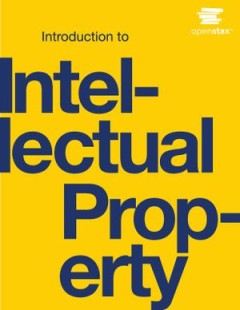
Introduction to Intellectual Property
Introduction to Intellectual Property provides a clear, effective introduction to patents, copyright, trademarks, and trade secrets. The text may be used by students and instructors in formal courses, as well as those applying intellectual property considerations to entrepreneurship, marketing, law, computer science, engineering, design, or other fields. The luminaries involved with this projec…
- Edition
- -
- ISBN/ISSN
- 9781951693343
- Collation
- -
- Series Title
- -
- Call Number
- 340 KLI i
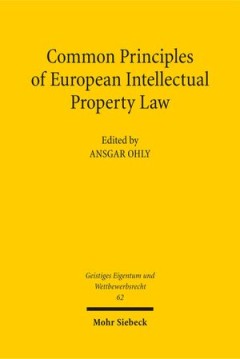
Common Principles of European Intellectual Property Law
Intellectual property law has been harmonized by EU law to a considerable extent. At the same time intellectual property rights have converged. The academic discussion has not kept pace with this development. European intellectual property law is often seen through the spectacles of national law; pan-European discussions about issues of Community law seem to be the exception rather than the rul…
- Edition
- -
- ISBN/ISSN
- 9783161518263
- Collation
- -
- Series Title
- -
- Call Number
- 340 OHL c
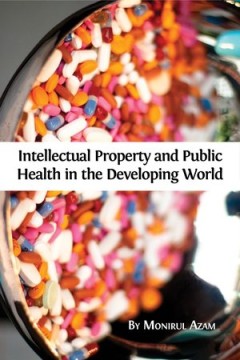
Intellectual Property and Public Health in the Developing World
Across the world, developing countries are attempting to balance the international standards of intellectual property concerning pharmaceutical patents against the urgent need for accessible and affordable medicines. In this timely and necessary book, Monirul Azam examines the attempts of several developing countries to walk this fine line. He evaluates the experiences of Brazil, China, India, …
- Edition
- -
- ISBN/ISSN
- 9781783742301
- Collation
- -
- Series Title
- -
- Call Number
- 340 AZA i
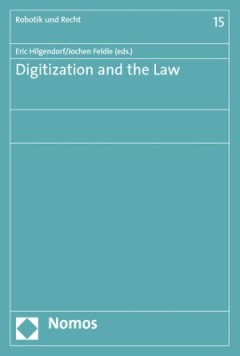
Digitization and the Law
"Digitization of information" means, to state it in the simplest way possi‐ ble, the representation of information as a sequence of zeros and ones. Digitized information can be edited, stored and easily transferred between computers. In view of the high power of today's computers and their glob‐ al networking via the Internet, this means that vast amounts of information can be processe…
- Edition
- -
- ISBN/ISSN
- 9783848747009
- Collation
- 140 halaman
- Series Title
- -
- Call Number
- 340 DIG
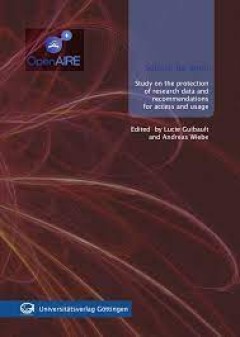
Safe to be open - study on the protection of research data and recommendation…
This study addresses the most important legal issues when implementing an open access e-infrastructure for research data. It examines the legal requirements for different kinds of usage of research data in an open access infrastructure, such as OpenAIREplus, which links them to publications. The existing legal framework regarding potentially relevant intellectual property (IP) rights is analyse…
- Edition
- -
- ISBN/ISSN
- -
- Collation
- -
- Series Title
- -
- Call Number
- -
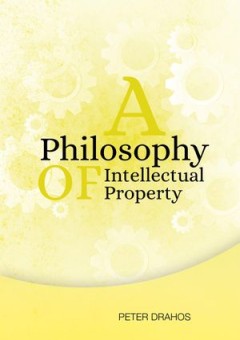
A Philosophy of Intellectual Property
Are intellectual property rights like other property rights? More and more of the world’s knowledge and information is under the control of intellectual property owners. What are the justifications for this? What are the implications for power and for justice of allowing this property form to range across social life? Can we look to traditional property theory to supply the answers or do we n…
- Edition
- -
- ISBN/ISSN
- 9781925022957
- Collation
- -
- Series Title
- -
- Call Number
- 340 DRA p
 Computer Science, Information & General Works
Computer Science, Information & General Works  Philosophy & Psychology
Philosophy & Psychology  Religion
Religion  Social Sciences
Social Sciences  Language
Language  Pure Science
Pure Science  Applied Sciences
Applied Sciences  Art & Recreation
Art & Recreation  Literature
Literature  History & Geography
History & Geography